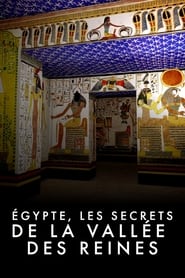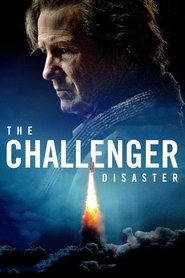
2024 star_border 8
playlist_add 
2023
playlist_add 
2022 star_border 9
playlist_add 
2021 star_border 8
playlist_add 
2021 star_border 9
playlist_add 
2020 star_border 7.5
playlist_add 
2019
playlist_add 
2019
playlist_add 
2018 star_border 8
playlist_add 
2017 star_border 8
playlist_add 
2017
playlist_add 
2014 star_border 7.7
playlist_add 
2014 star_border 6.8
playlist_add 
2013 star_border 6.9
playlist_add 
2013 star_border 7.3
playlist_add 
2012 star_border 6
playlist_add 
2010
playlist_add 
2008
playlist_add 







